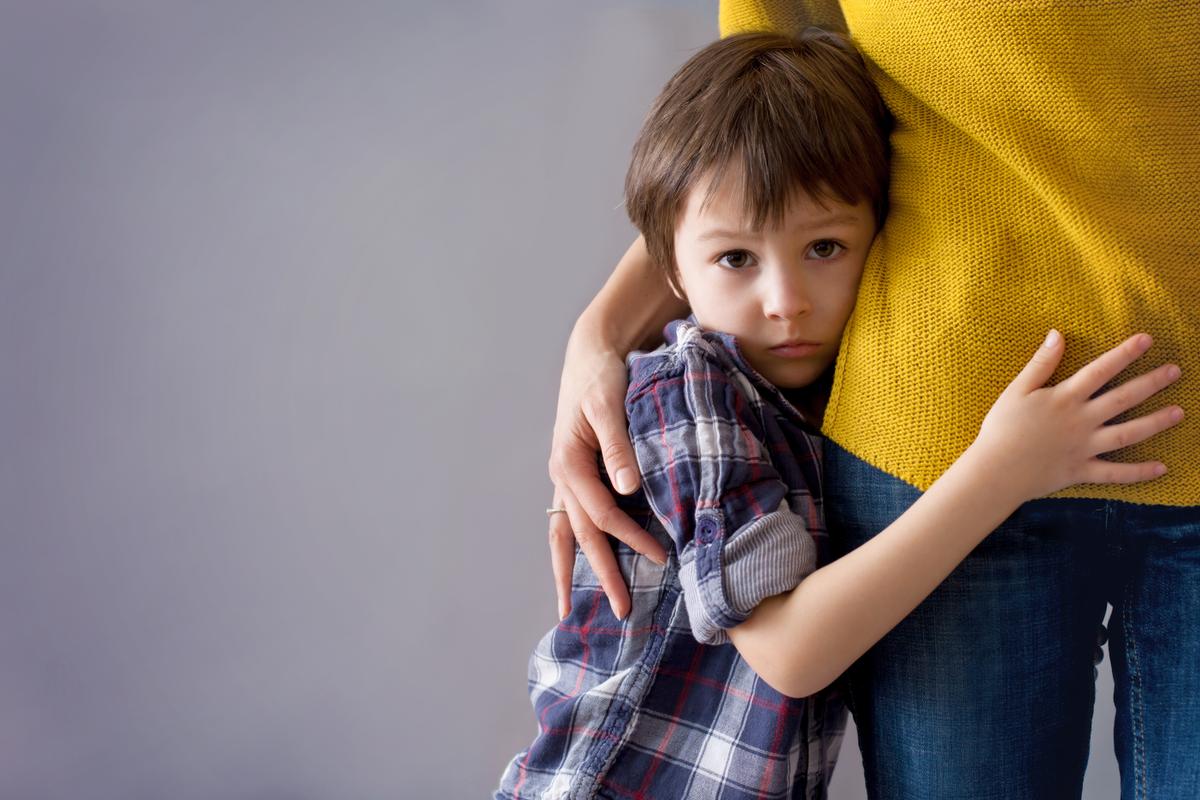
The family unit is of utmost importance in a child’s physical and emotional development.
The breakdown of the traditional American family has been proven to cause stress and trauma in children.
But now, several scientific studies are showing the devastating effects of a child who loses a parent — and the long-term results are shocking.
A child who loses a parent will suffer permanent effects, which can lead to an early death.
Healthline.com reported:
The study examined data from all children in Denmark born between 1968 and 2008, all children in Sweden born between 1973 and 2006, and a random sample of 89 percent of children born in Finland from 1987 to 2007.
Out of everyone in this group, 189,094 had lost a parent before the age of 18. Even after controlling for social and economic factors, people who had lost a parent had 50 percent higher risk of death than those who did not.
Specifically, children of parents who died an unnatural death had an 84 percent higher mortality risk, while children of parents who died of natural causes had a 33 percent higher risk. If the parent’s cause of death was suicide, it boosted the child’s likelihood of natural death by 65 percent and unnatural death by 126 percent. These effects lasted well into adulthood.
“Many studies have suggested that this adverse life event could affect the long-term development of children, by affecting many aspects of one’s life, and mortality risk is the hardest endpoint of all these effects, and at the same time, it is the tip of the iceberg,” said Jiong Li, associate professor at Aarhus University in Denmark and lead author on the study, in an interview with Heathline. “If long-term morality does increase, this will suggest that this … population may have more problems in their life than what we had thought, which are related to not only physical and psychological health, but also other social aspects, which persists into their adult life.”
Obviously, children who have their parents for guidance and support into adulthood will be emotionally stronger, as a support system is vital for mental health.
Countless studies have shown the lifelong consequences on children who have suffered abuse or neglect, but the studies being conducted on parental loss are the first of their kind to show that the actual brain activity and DNA of the affected child are forever changed.
IFL Science reported:
A team of researchers based at Tulane University School of Medicine has found that exposure to violence or other traumatic events within the family during childhood can leave lasting marks on stretches of DNA called telomeres. This study adds to the growing body of evidence that stressful home environments can permanently affect chromosomes.
“Family-level stressors, such as witnessing a family member get hurt, created an environment that affected the DNA within the cells of the children,” lead author Dr. Stacy Drury said in a news release. “The greater the number of exposures these kids had in life, the shorter their telomeres were – and this was after controlling for many other factors, including socioeconomic status, maternal education, parental age and the child’s age.
Cortisol, which increases in response to stress in both children and adults, has been found to cause physical damage to the body and is a cause for many major health problems.
Perhaps the most damaging effect of cortisol is what increased levels do to the immune system.
Heightened cortisol levels over the long term can destroy immune system response, causing damage to major organs and early death.
Healthline.com continued:
After cortisol has docked with about 50 percent of the glucocorticoid receptors in the brain’s hippocampus, any more cortisol will cause performance to decline. You become stressed, nervous, or irritable, and have a harder time focusing. With high enough stress levels, you experience anxiety and panic. Long-term exposure to high stress levels causes other wear and tear on the body as well, including wear on the heart and a weakened immune system.
The effects are clear — parental loss in childhood causes permanent harm to a child.
Perhaps there is no way to completely stop the physical effects of this traumatic loss on a child, but the damage can be minimized.
Providing a strong support system for the child and the remaining parent are vital.
A child who has lost a parent needs extra love, acceptance, and understanding in order to compensate for a break in the family unit.
Those left behind can make a vital difference in a child’s response to their devastating loss by providing consistent support and being a positive presence in the child’s life.
